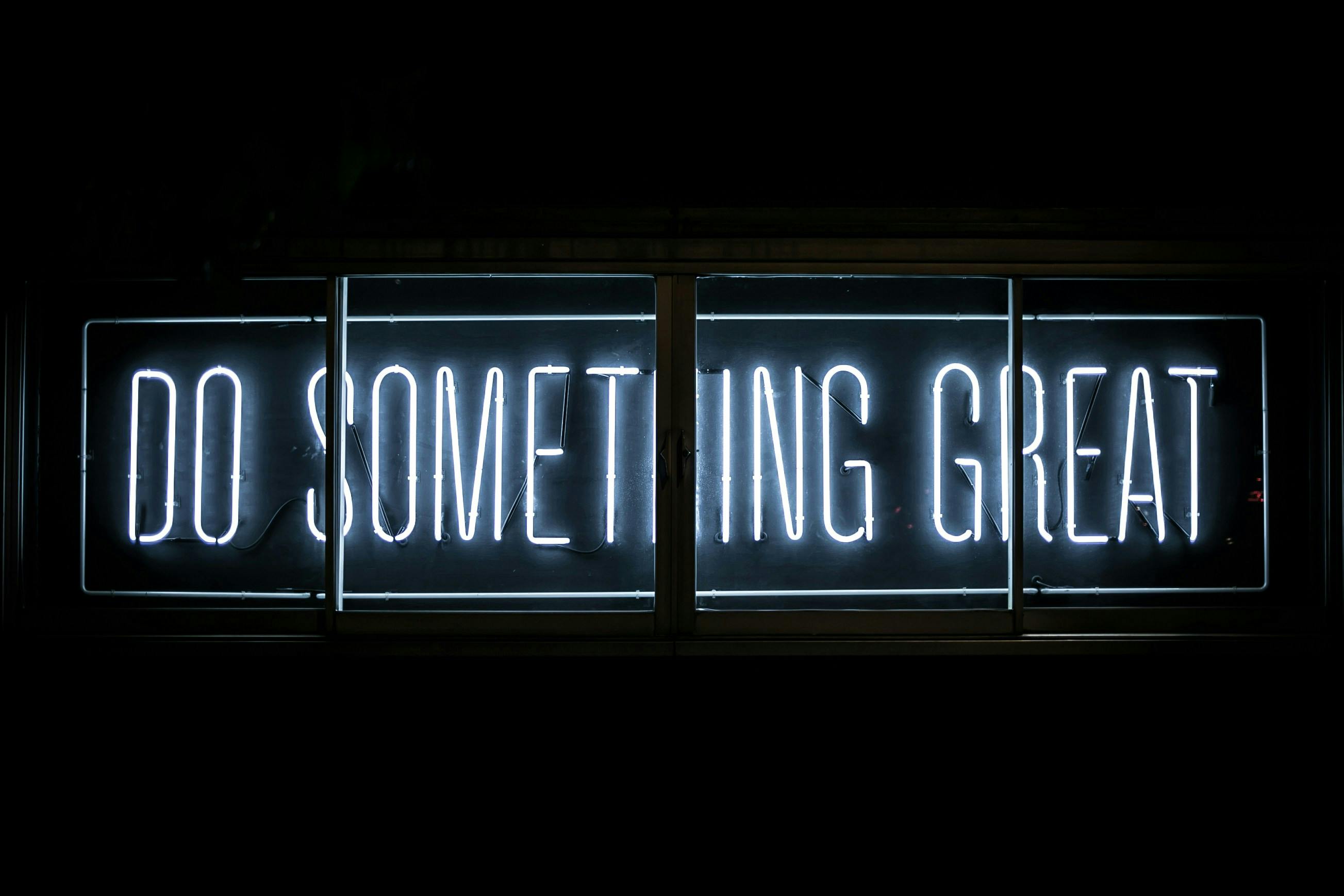Unjudge someone: Human libraries
Spotlight on: Human Libraries, Bemidji State University Social Work Department’s Immersive Learning Experience
The Human Library at the Bemidji State University (BSU) Social Work Department gives a whole new meaning to the phrase "I'm an open book." After Assistant Professor Emily Paine learned about the Human Library Experience, she introduced this innovative concept to the department in 2022. Since then, it has been an integral part of the curriculum in two courses. Assistant Professor Ashley Charwood describes the Human Library as a "microcosm" of the real-world experiences students will encounter in their social work practice.
"Instead of checking out a book, you have a conversation with a person. We are all walking and talking stories." – Emily Paine, Assistant Professor, Bemidji State University Social Work program
According to the Human Library website, it is "a place where difficult questions are expected, appreciated, and answered." Stereotypes can be challenged by hearing stories directly from real people and asking questions about their life experiences. As a result, people can be better understood.
Ashley explains that integrating the Human Library experience into social work classes offers a unique opportunity for preparation. Students craft and practice their questions, considering factors such as nonverbal communication and environment. After the "readings," students reflect on their experiences. Emily refers to this lead-up and follow-up process as "bookends." "These human book experiences challenge their biases and assumptions," she says. "They prompt students to ask themselves, 'Why did I think that?'"
“This experience allowed me to see different experiences through the eyes of the beholder...to understand that what is really important is the person who is speaking and how they feel…I believe that this taught me to learn while I listen...” - BSU Human Book Student
Human books are personally recruited and referred by students and community members, or sometimes they volunteer. If they agree to participate, a “book description” is created for each of them. They are in contact with the Social Work Department staff, who provide examples of other book descriptions and offer assistance in writing their own or creating their "book.”
Human book participants are encouraged to reflect on the power of sharing their story, ensuring they understand what to expect. Additionally, time is built into the event for human books to answer questions if they choose to do so.
"Storytellers are taken care of. This process is not done in a voyeuristic way, and everyone involved is met with compassion. We nurture the books and the humans.” – Emily Paine
Human books may tell their stories up to three times at an event, and the narrative sometimes changes as they do. Many find the experience to be empowering and return for another session.
“Thank you for the opportunity! It’s been healing to share with everyone today. I feel supported and uplifted. Chi Miigwech!” - Human Book Storyteller
Students are given a list of book titles to choose from before the event but have the opportunity to change their plans on the spot. Emily says, “The power of this is that it's a dialogue. All involved must show up and bring their best selves to be present. It builds on small groups, and then it becomes the 'magic of the moment.'"
“With the Human Library, the gift is given both ways.” – Ashley Charwood
To learn more about Bemidji State University's on-campus and online Social Work Program, visit their website: Social Work | Bemidji State University
Here are some of the resources about the Human Library:
- Unjudge someone - The Human Library Organization
- Human Library Explained in a Minute
- "Unjudge Someone,"- A short film about the Human Library.
Here are some readings about the benefits of sharing your story:

Thank you for your contribution!
Help us reach out to more people in the community
Share this with family and friends